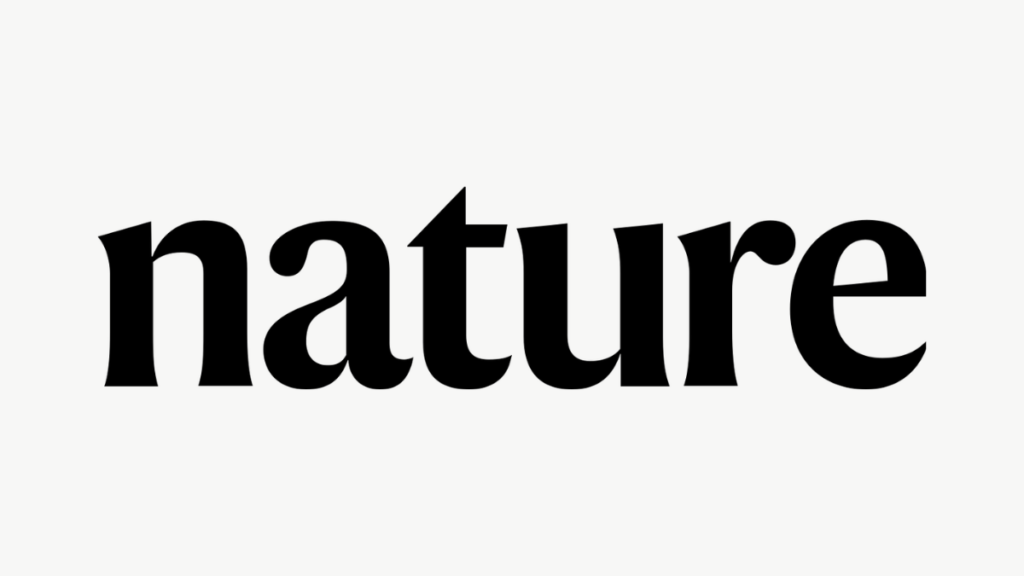Unethical studies on Chinese minority groups are being retracted — but not fast enough, critics say

January 24, 2024 | Nature
Henryk Szadziewski, an ethnographer and director of research at the Uyghur Human Rights Project (UHRP), a Washington-DC-based advocacy organization, says that journals need to further tighten their procedures.
Szadziewski was involved in alerting editors to problems with a BMC Public Health study published in April 202311. It was conducted on “Uyghur residents” in areas of Tumshuq, a city that is controlled by the Xinjiang Production and Construction Corps (XPCC), which was under sanction in the United States, the European Union, the United Kingdom and Canada for human-rights abuses against the resident Uyghur population at the time the article was submitted for publication in October 2022. Three of the article’s authors were affiliated with the Shihezi University School of Medicine in Xinjiang, which Szadziewski says is run by the XPCC; an ethics committee at the university approved the study.
After Szadziewski alerted the journal, the paper was swiftly retracted in August 2023, because the authors “had not obtained appropriate ethical approval” before recruiting people for the study, the retraction notice said.
Szadziewski suggests checking author affiliations for sanctioned organizations (although this would not have flagged XPCC’s name, which appears only in the paper’s methods section as a source of participants). Chris Graf, research integrity director at Springer Nature, which publishes BMC Public Health, says that the publisher already complies with sanctions requirements and didn’t breach them in this case, but adds that “we do not consider ethics to be a box-ticking exercise and we do not consider this the end of the matter”.
Researchers agree that it’s important for the YHRD to represent all populations, to reduce bias when the database is used to analyse DNA collected at crime scenes. But they differ on whether — and on what basis — data from oppressed minority groups should be removed from the database. Maria De Ungria, a population geneticist at the Philippine Genome Center in Quezon City, says that a key question is whether Uyghurs or other communities want their DNA to be part of such a database. If not, “then of course, we have to respect that’s their choice. It’s their DNA,” she says. And Szadziewski says that the UHRP is preparing a statement that Uyghurs are not willing participants in DNA profiling studies. But Martin Zieger, a forensic geneticist at the University of Bern, says that in his view, a good and broadly applicable justification for removing data should be when a paper is retracted for lack of consent, rather than a community statement.
Read the full article: https://www.nature.com/articles/d41586-024-00170-0
